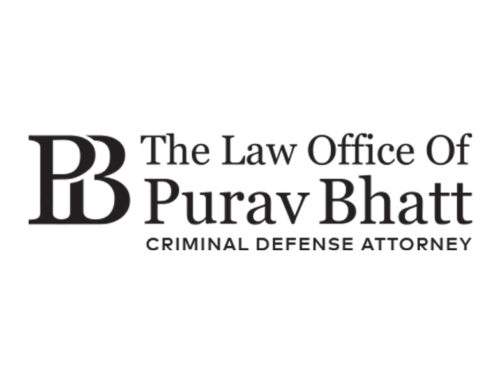
Second, if you are going to speak with law enforcement, make sure you are presented with a written waiver of your Miranda warnings. This way, if the police say they read you your Miranda warnings they have proof that you read and signed a waiver. As previously mentioned, I advise against speaking with law enforcement and I also advise against waiving your right against self-incrimination related to Miranda.
After a confession to the police has been given, a criminal defense attorney must work to exclude that confession from being admitted into evidence and considered by a judge or jury. In order to accomplish this, the court must find that the confession was not given voluntarily and knowingly.
Oftentimes, confessions to the police are kept out by establishing that the confession was brought out through police misconduct. In Illinois, police misconduct may be physical (abuse) or verbal (coercion) based on the defendant’s characteristics. Confessions to the police in Illinois have been deemed inadmissible based on voluntariness. Voluntariness is based on the courts looking at all the circumstances surrounding the environment in which the defendant gave his or her confession.
Some of the factors a court will consider include: the defendant’s intelligence, the defendant’s age, the defendant’s experience with law enforcement, the presence of Miranda warnings, the length of the interrogation, the defendant’s education, the defendant’s physical condition at the time of the interrogation and the presence of any physical or mental abuse and the duration of the detention.
Police have been trained using the Reid technique of interrogating suspects. The Reid technique uses three main techniques police utilize to get a confession. The focus for police is to convince the suspect that confessing to the police is in the suspect’s best interest and will minimize the punishment. Under the Reid technique the police use techniques of isolation, maximization and minimization to get defendants and suspects to talk.
The police will isolate the individuals from friends and family to make the person feel alone. This is why it is crucial to have an attorney as a defendant has the right to have his attorney present during all questioning. Next, under the Reid technique, the police will accuse the person of committing the crime and telling the defendant what the maximum punishment will likely be. Keep in mind the police can lie to you.
Finally, law enforcement will encourage the defendant to admit small amounts of the facts that have been discussed. By doing this, the defendant has now provided law enforcement with basic facts that can build a case. An example of this is with a sexual assault suspect. The officer will say, “You two were having consensual sex right? I get it.” The defendant agrees with the officer and now the defendant has provided evidence that the defendant and the complainant had a sexual encounter.
The Law Office of Purav Bhatt Serves Clients in Many Surrounding Areas Including Skokie, Rolling Meadows, Lincolnwood and Others. Contact the Law Office of Purav Bhatt or Call (773) 791-9682 Right Now to Discuss Your Case With an Experienced Chicago Criminal Lawyer.






